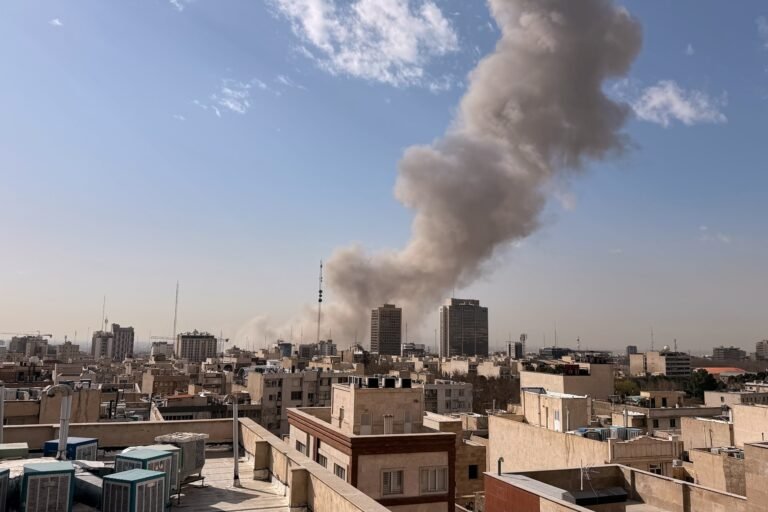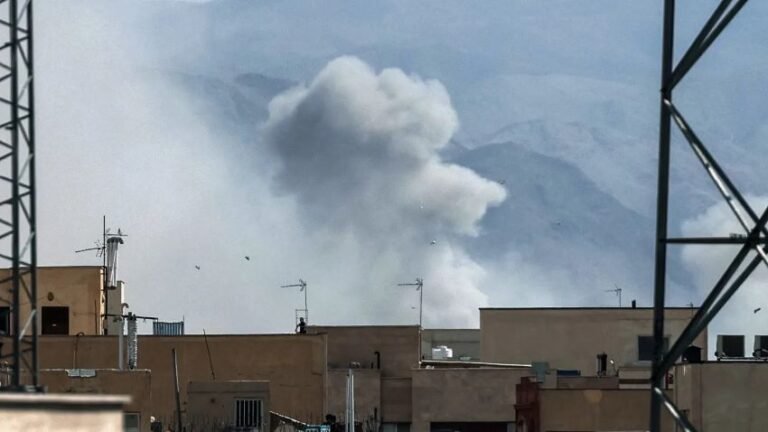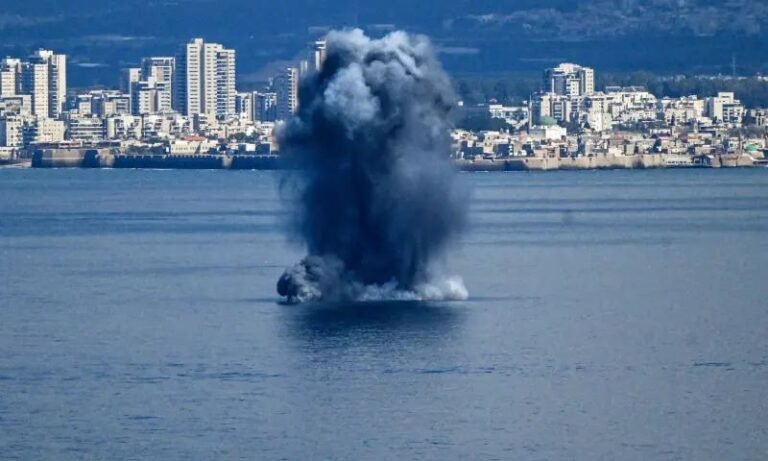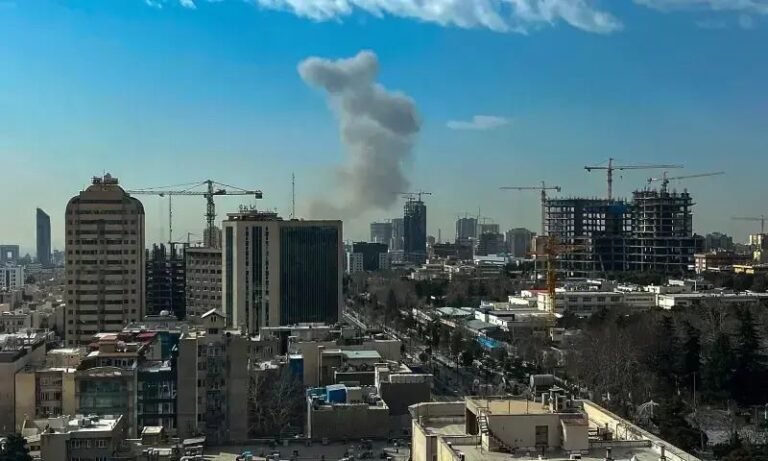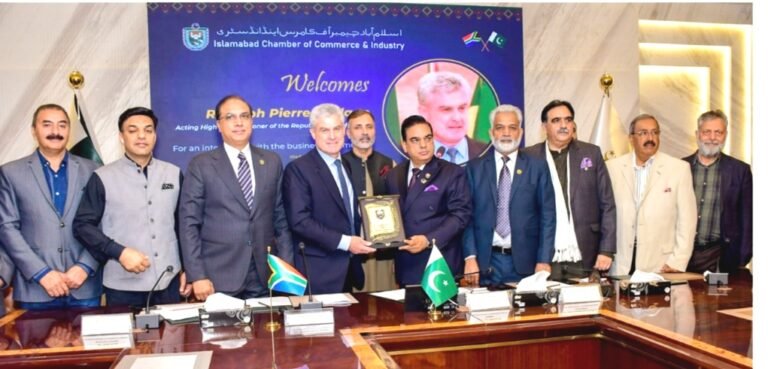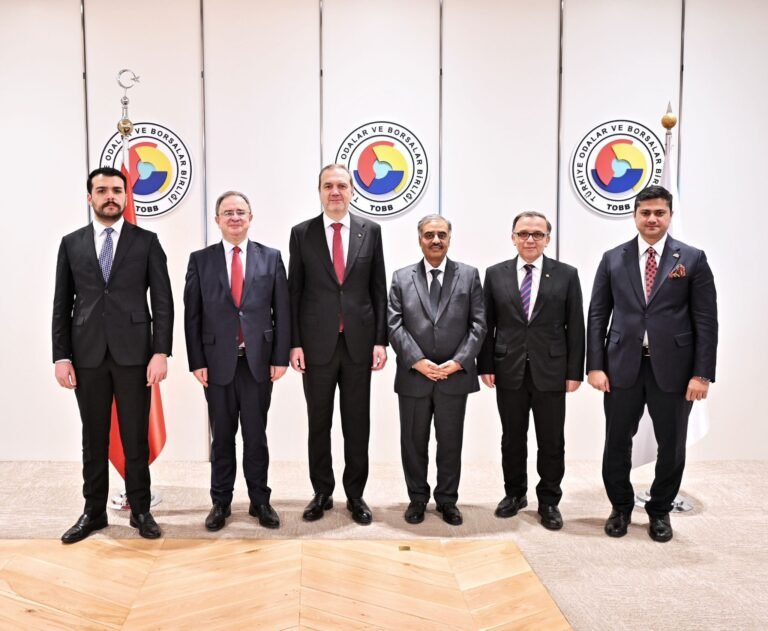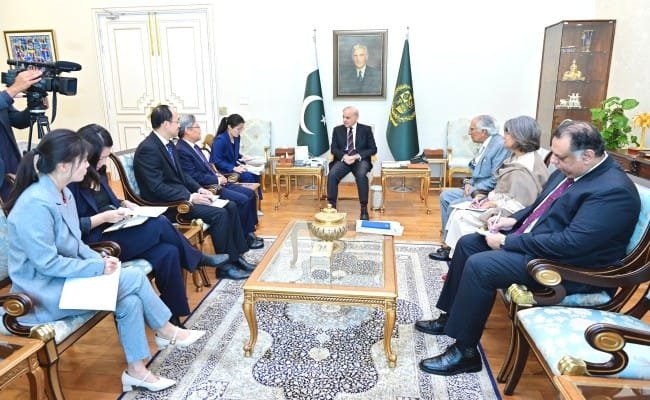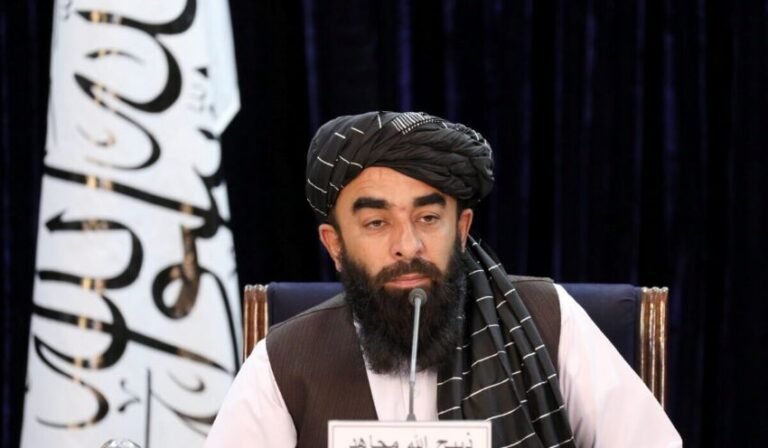ISLAMABAD, (TDI): Punjab Chief Minister Maryam Nawaz Sharif has launched the ‘Suthra Punjab’ initiative aimed at cleaning cities and villages across Pakistan’s largest province.
The “Suthra Punjab” program sets a three-month target to achieve zero waste, addressing the growing waste management crisis in the country.
According to the International Trade Administration, Pakistan generates nearly 49.6 million tons of solid waste annually.
While 60% of waste in large cities is collected daily, the remaining 40% is often abandoned in vacant plots, streets, open drains, and nullahs.
In Punjab, home to around 128 million people, most waste is dumped in open sites due to limited managed landfill facilities.
Also Read: Saudi Crown Prince to visit Pakistan, Backs Growth
At the launch event, CM Sharif emphasized the importance of keeping streets and neighborhoods clean. “For the first time, the Punjab government has launched a program to clean cities and villages uniformly,” she said. “Keeping our streets and neighborhoods like our own houses is our foremost duty.”
Suthra Punjab to Employee 100,000 People
As part of the initiative, around 100,000 people will be employed to clean city roads and streets.
Additionally, 21,000 modern machines and over 80,000 pieces of equipment will be deployed to improve waste collection and management across the province. “We aim to promote the sanitation and waste management industry,” Sharif added.
Currently, waste management in Pakistan’s cities is handled by local governments.
Despite this, only 60-70% of waste is collected, with much of it transported using outdated methods such as open trucks, donkey carts, and handcarts.
Also Read: Food waste estimates at US$1 trillion Globally, UN reports
In major cities like Karachi and Lahore, the waste management infrastructure is limited, with Karachi having three sanitary landfill sites and Lahore two. Plans are underway to develop more landfill sites in other cities.
In Punjab, Lahore is the only city with an effective waste management, treatment, and disposal system, which has been outsourced to Turkish companies Albayrak and OzPak.
Other provinces like Sindh and Khyber Pakhtunkhwa are also working on improving waste management, with projects like the Sindh Solid Waste Management Board’s (SSWMB) tenders and Peshawar’s planned sanitary landfill.
However, Balochistan remains without significant waste management infrastructure.
Much of Pakistan’s waste is recycled by informal scavengers before it reaches disposal sites, with a large portion never making it to final disposal locations.
The “Suthra Punjab” program aims to tackle these challenges by improving waste collection, promoting recycling, and creating a cleaner, more sustainable environment for the province.





